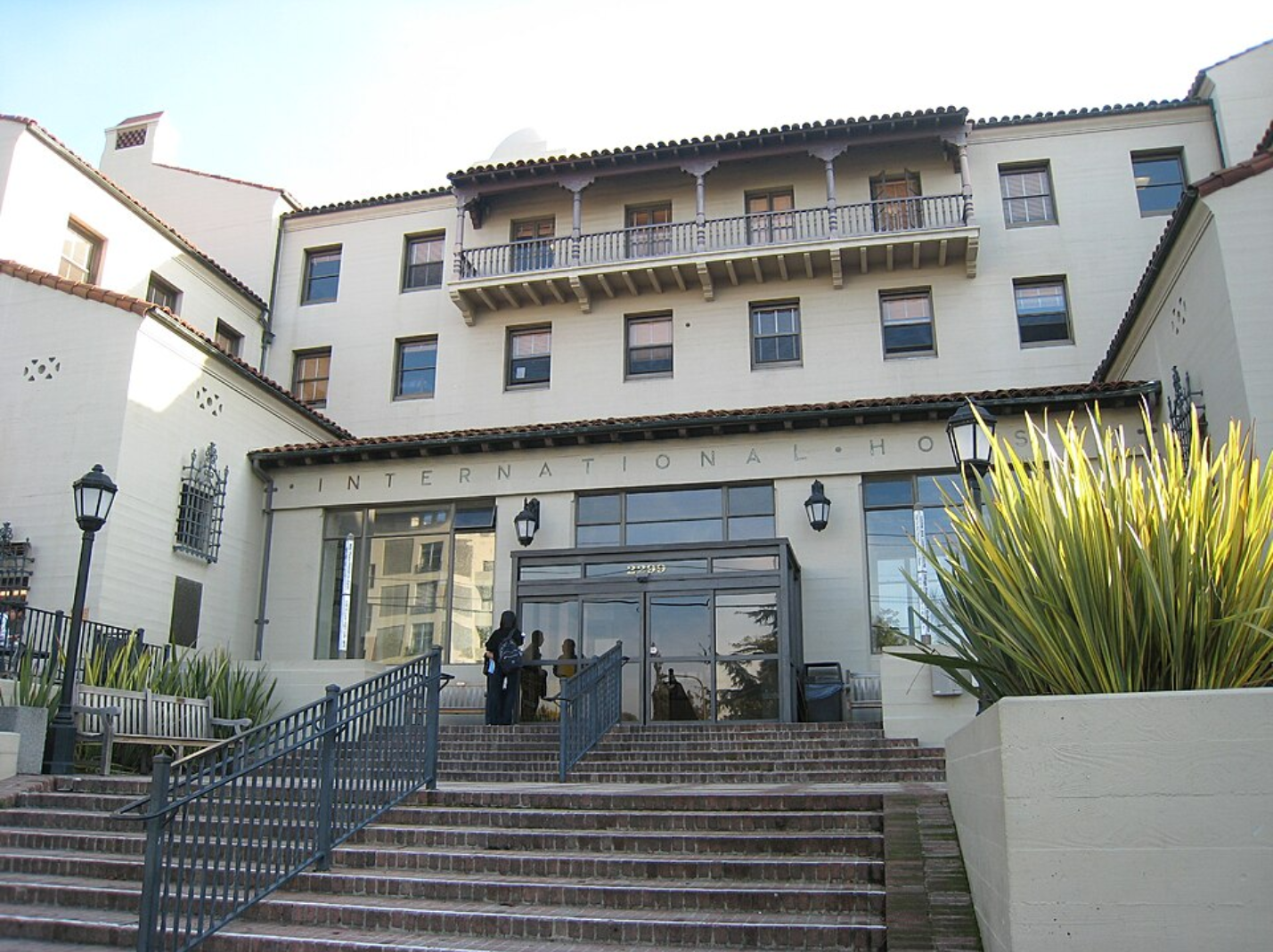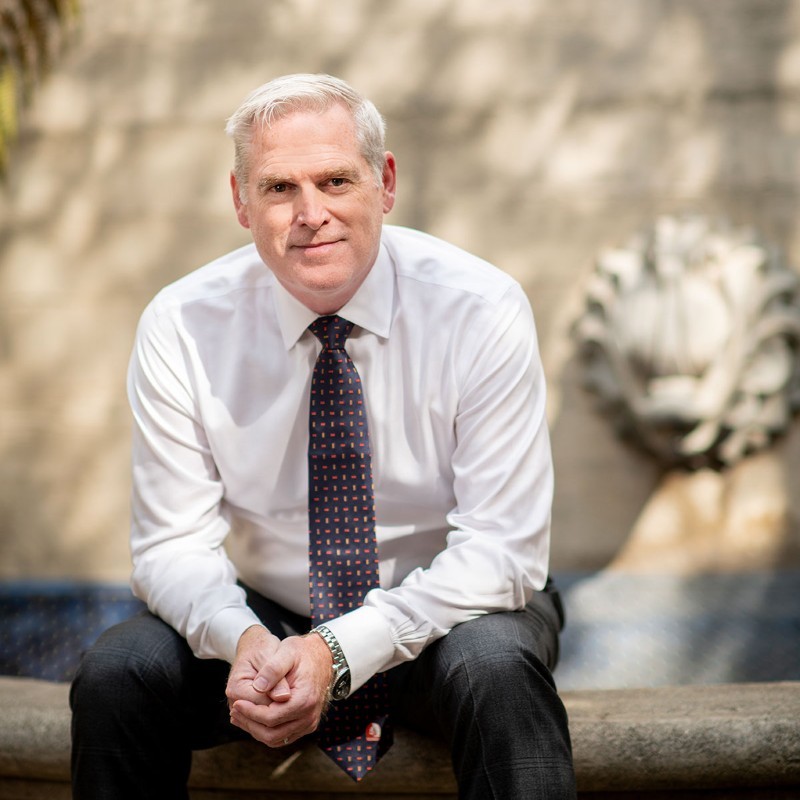
In less than a year, the Trump administration has turned the tables on free speech on campus. The administration is embroiled in a legal and public relations battle with Harvard University, centered on freedom of speech issues and charges of antisemitism. Administration critics have called this crackdown on speech unconstitutional.
Free speech, however, was attacked on campuses even before Trump reclaimed office earlier this year. A new report from the Foundation for Individual Rights and Expression (FIRE), titled “Shifting Winds: Students Under Fire,” reveals that 63 percent of over 1,000 efforts to suppress student speech in the past five years resulted in administrative investigation or punishment.
Many believe the trigger for campus free speech conflicts in recent years was the Hamas attacks on Israel and Israel’s military response. While those protests were largely fueled by left-leaning individuals, conservatives on college campuses have also faced scrutiny or administrative problems due to free speech issues. For example, some conservative professors and students sued California community colleges over free speech.
These headlines highlight that we are at a critical juncture for free speech, and administrators must strike a delicate balance between maintaining free expression and navigating unprecedented political and cultural pressures. What we’re seeing on campuses now is what happens when academics and administrators don’t play a more active role in listening, helping facilitate a free exchange of ideas, and ultimately providing a space for open discussion. A framework and game plan are critical.
We’ve had success fostering dialogue at the I-House at UC Berkeley, a multicultural living center for over 600 students from diverse countries and backgrounds on campus. UC Berkeley is the birthplace of campus free speech and a frequent source of nationally covered campus protests. However, the majority of I-House students—94 percent—say they would be comfortable sharing controversial opinions with fellow residents. Another 83 percent say they are comfortable expressing those viewpoints to other UC Berkeley students. Here are some crucial things we’ve learned while creating this environment.
Commit to Bedrock Values: Before university officials consider how to facilitate free speech or reduce hostility and conflict on campus, they should remind themselves of their commitment to protecting learning and free expression. The First Amendment protects students in public higher education. Public universities cannot legally punish students for expression, although some do anyway. Most private universities have also pledged to defend free speech. Administrators at both public and private schools must remember what is at stake for future generations of students and make a baseline commitment to protect speech, even if it is speech with which they disagree or detest. Selectively applying rules and regulations is not free speech.
Be Facilitators, Not Censors: Many administrators and academics are understandably wary of pressure from politicians, as well as alumni and donors. Students are also scared, and some are staying silent. Administrators have responded incorrectly by appeasement or censorship. The FIRE report shows a steep uptick in administrative censorship since the start of the Israeli-Palestinian conflict. In 2020, administrators initiated only 27 percent of censorship cases. By 2024, that number increased to 52 percent. From 2023 to the present, students and student groups were targeted by administrators for expressing their views on the Israeli-Palestinian conflict. It’s more important now than ever that administrators work to promote open exchanges of ideas forged with mutual respect. Stifling dissent and freedom of speech only heightens fears and dampens inquiry.
Emphasize Civility: The rise of social media and the challenges of our times are making it increasingly difficult to communicate with others and form bonds with people we disagree with. Social media use also predisposes people to anger. At I-House, we set clear rules for interactions. We emphasize civility and respect, reminding our community that engaging with diverse ideas is crucial for growth. We also encourage listening to differing perspectives and ideas as a tool for growth. When students approach a different viewpoint as an opportunity to learn and explore, rather than an obstacle or affront, they develop respect. They are more likely to engage in productive conversation. Many of the incidents highlighted in the FIRE report began with the opposite—polarity and inflexibility.
Diversity: Although the concept of diversity is under attack, particularly at universities, we’ve found it facilitates and improves conversation across perspectives rather than limits it. Diversity helps students and faculty form bonds across cultures, understand different perspectives, and explore political and religious differences.
Protect All Speech: Not every protest or free speech issue involves liberals or pro-Palestinians. Conservatives are still targeted for their speech. The FIRE report notes that the most frequently targeted or punished students include Turning Point USA (65 incidents) and the College Republicans (58 incidents). Even these statistics belie the wide-ranging issues that campuses may face from students all around the world, with a multitude of controversial ideas and opinions. A commitment to free speech means a commitment to hearing all perspectives.
Emphasize Humanity: In a divisive era, it’s helpful to engage with individuals rather than groups or movements. Remember that people have similar needs and wants: security, stability, and the opportunity to pursue their dreams. When we put people before movements, the resulting dialogue can foster change and connection. At the I-House, we’ve seen friendships blossom between students with radically different beliefs. These relationships flourished because someone was willing to listen, be flexible, and honor our shared humanity.
Attacks on free speech will only intensify in the coming years. The Students Under Fire database is on pace to double last year’s total incidents in 2025. It’s time for colleges and universities to move beyond the traditional, broken paradigm and instead focus on fostering dialogue. Even starting with just a few students could be transformational over time.
Image: “I-House Berkeley” by Roman Fuchs on Wikimedia Commons

[The City of] “St. Paul has no such authority to license one side of a debate to fight freestyle, while requiring the other to follow Marquis of Queensberry rules.”
— Justice Scalia, R.A.V. v. City of St. Paul, 505 U.S. 377 (1992)
I will play by the same rules of civility that everyone else plays by.
If they want to chant “from the river to the sea”, I’ll chant “Nuke Gaza.”
If I can’t have Christmas lights because they offend Islam, I’ll have a “F**k Allah” rally and REALLY offend Islam.
My intent is not to be offensive but to draw a non-negotiable line. I have endured too much anti-American, anti-Judeo/Christian, Marxist/collectivist garbage for too many years to tolerate any more of it. I’m tired of being told about the purported White Male privilege that I somehow enjoy, being told it by people whose hands are the same size (i.e. never done manual labor) and who have enjoyed advantages I’ll never see.
Scalia got it right — you can’t ask one side to follow Marquis of Queensberry rules while permitting the other to fight freeform. The left has been licensed to do whatever it pleases for the past 60 years. I’ll accept the legitimacy of the left’s viewpoints WHEN it starts policing itself…